Chuck sez: "Never let a covert operation get in the way of a bad pun."
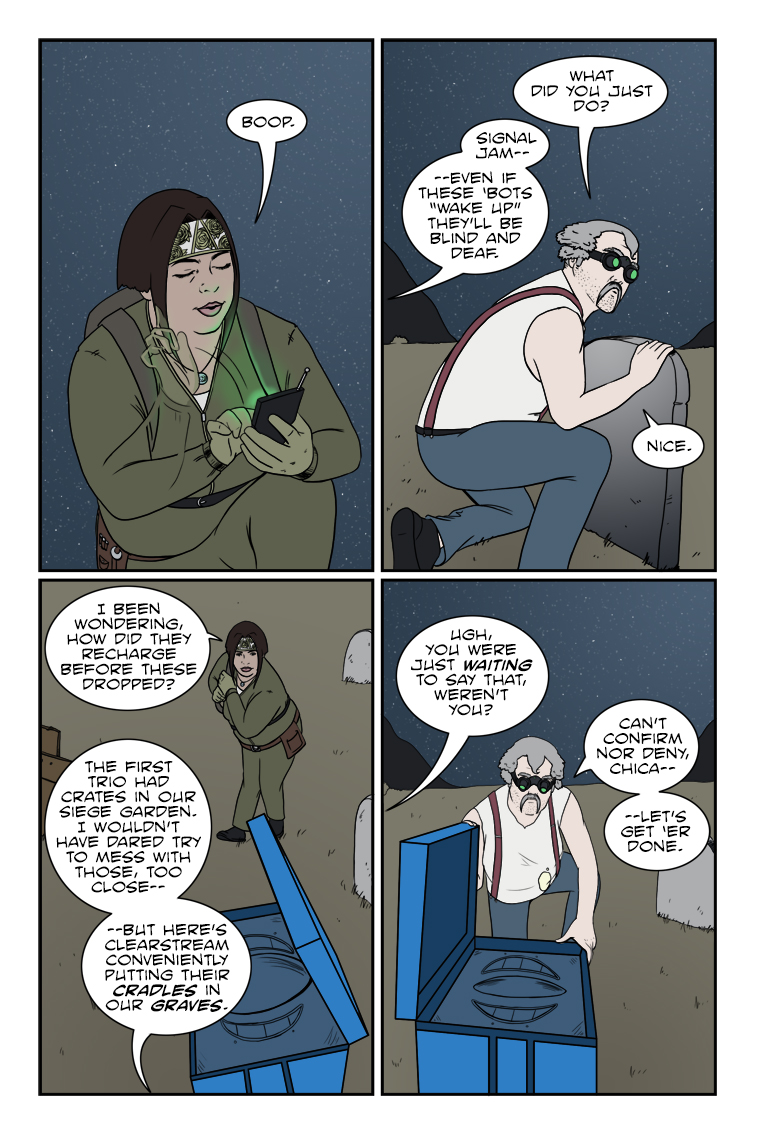
Latest Comics
Sophomore stresses…
Well, that’s a load off. As of last Friday we had two days to go for our Volume 2 Kickstarter and although we’d raised a hefty chunk of change, we still were a few hundred dollars short of our goal. It was a far different feeling than our first go-round where we got successfully funded about halfway through the 30 day period and then were just seeing if we could reach our “Secret Stash” stretch goal (which we did at almost the very last minute). Had we fallen short of the stretch goal, no big deal, but this time around we were short of the funding goal, period, and if that didn’t get met then there would be no book. There were several people last time around who never pledged but bought a book after the fact and you wonder if they quite understand that if they don’t kick in on the project there may be no book to buy.
That’s about the time when we had been trying not to beg or bother people but I started going through my lists and arguably did just that. Sometimes people don’t have money and/or aren’t interested, but sometimes people just forget, you know? And yeah, some had forgotten. Some pledged in time, some still ended up forgetting until it was too late…
BUT… we got funded. And in the end the closing surge funded us with some cushion, though not quite enough to reach the stretch goal this time. If we’d failed, there would have had to be some examination in the wake. Was our timing wrong? Did we not promote enough? Or worst of all, was there just not enough interest and support out there to keep doing these collections?
Stressful stuff to consider, thankfully moot. We now shelve this particular stress and move fully on to the stress of preparing for San Diego Comic-Con.








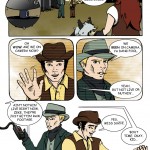
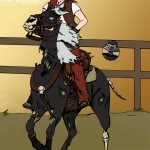
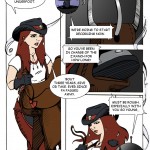
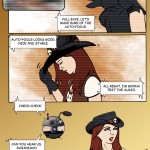
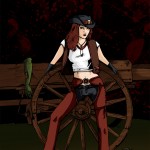
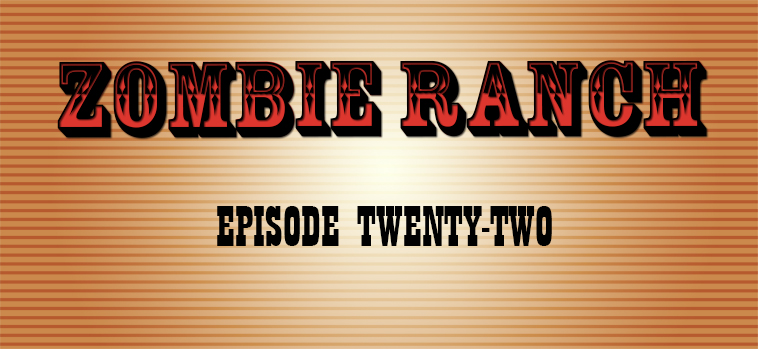
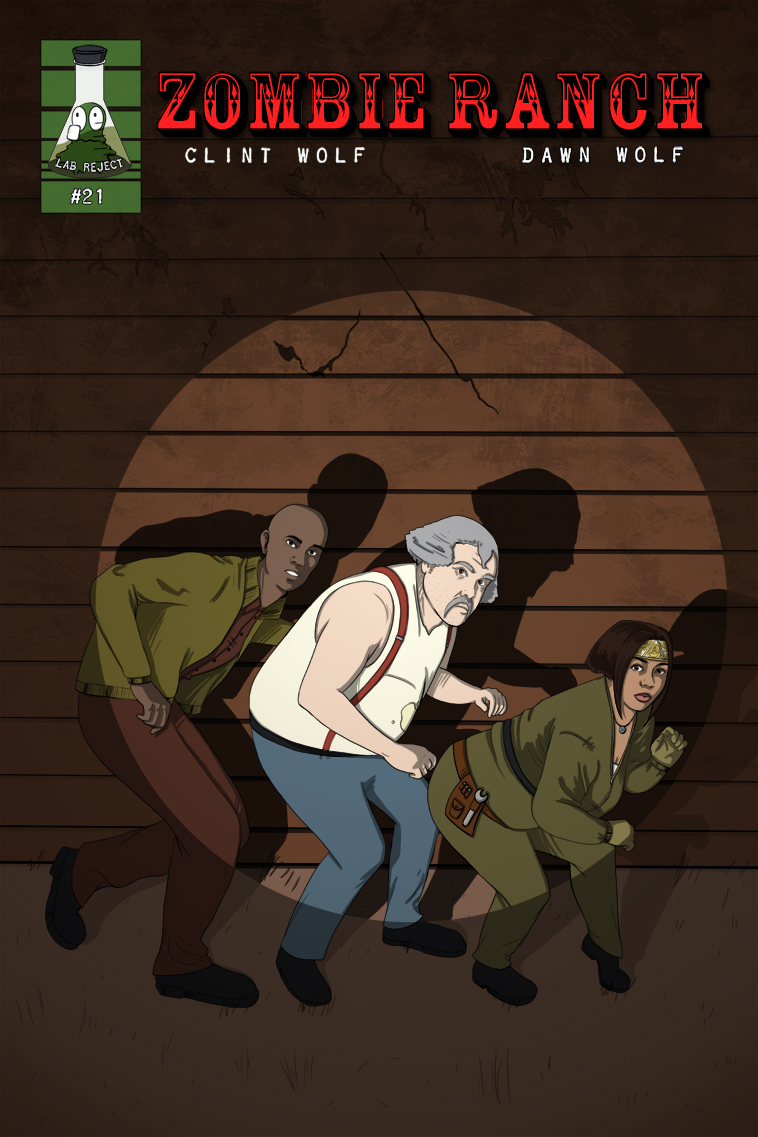
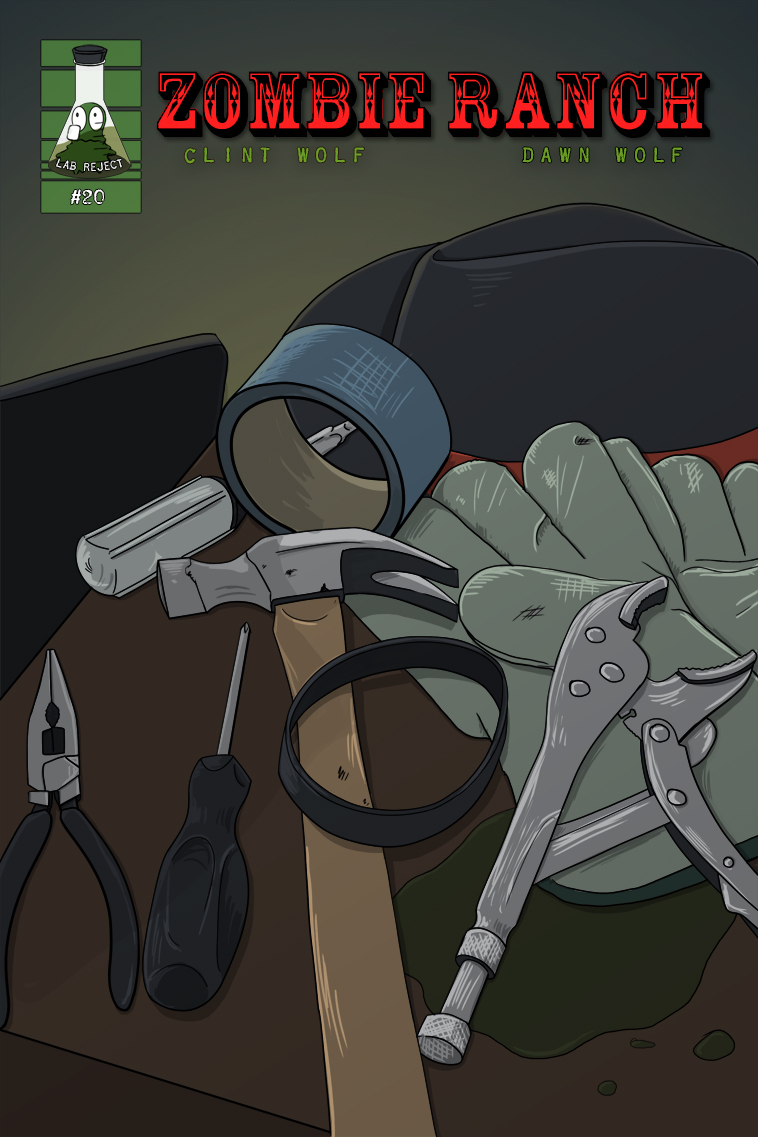
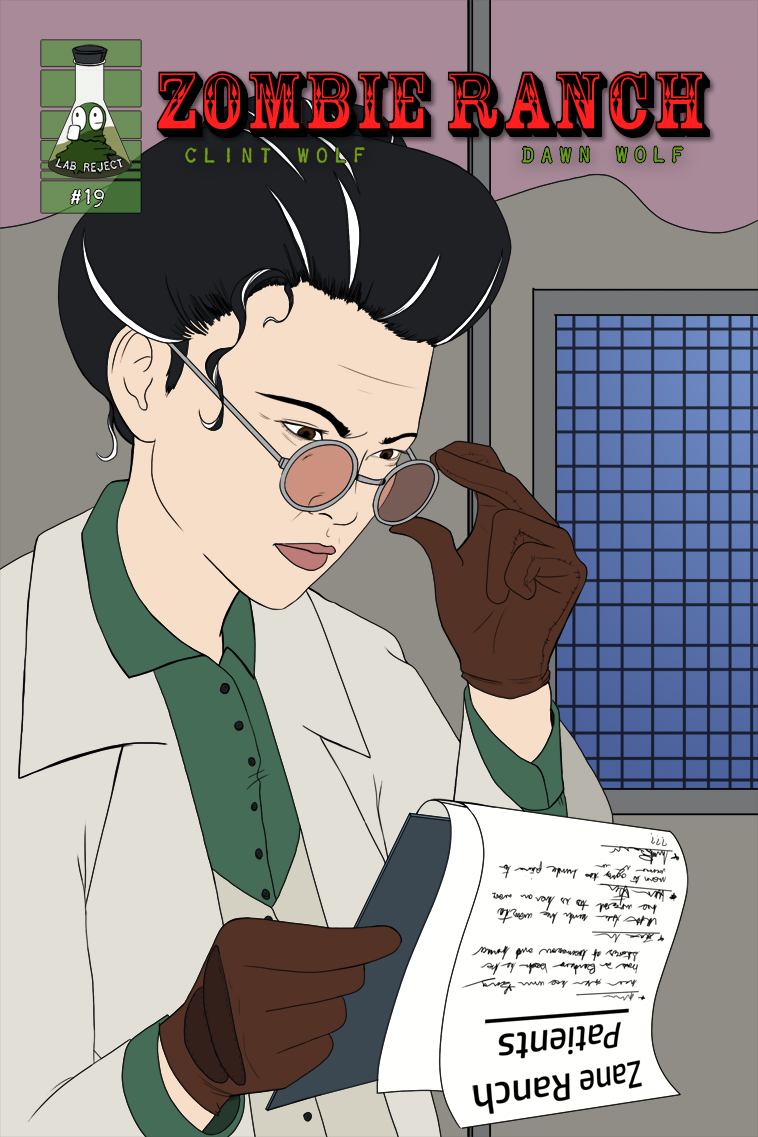
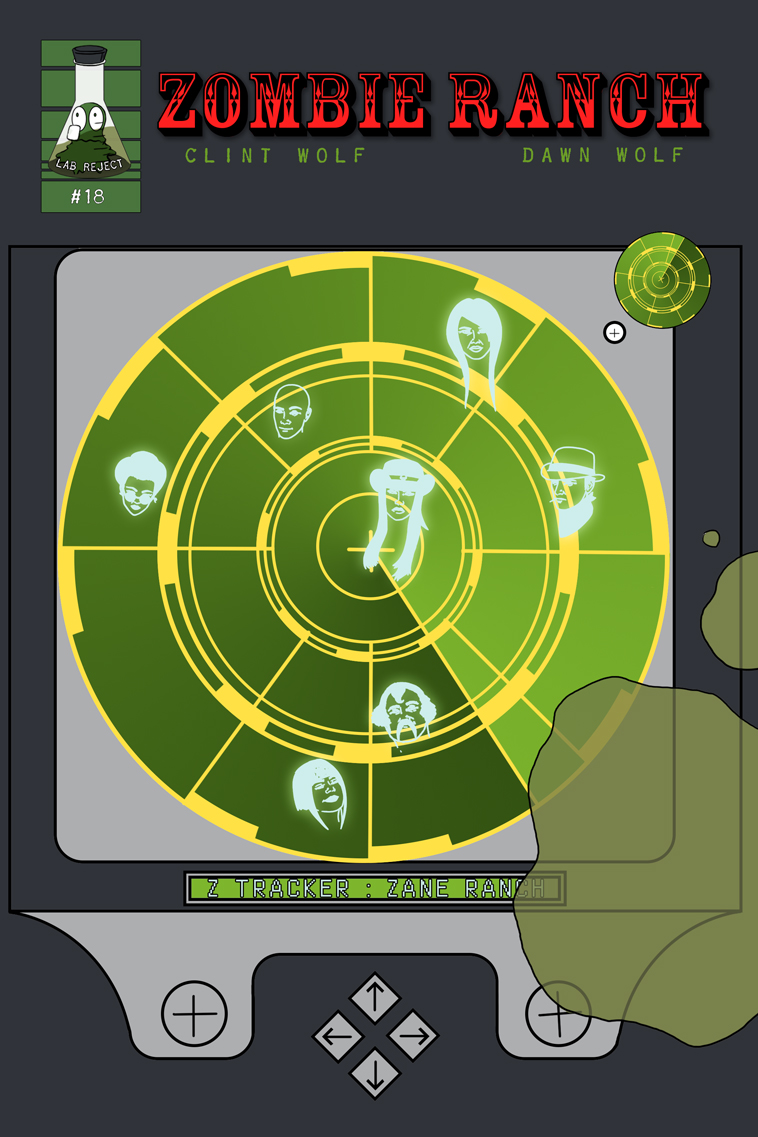
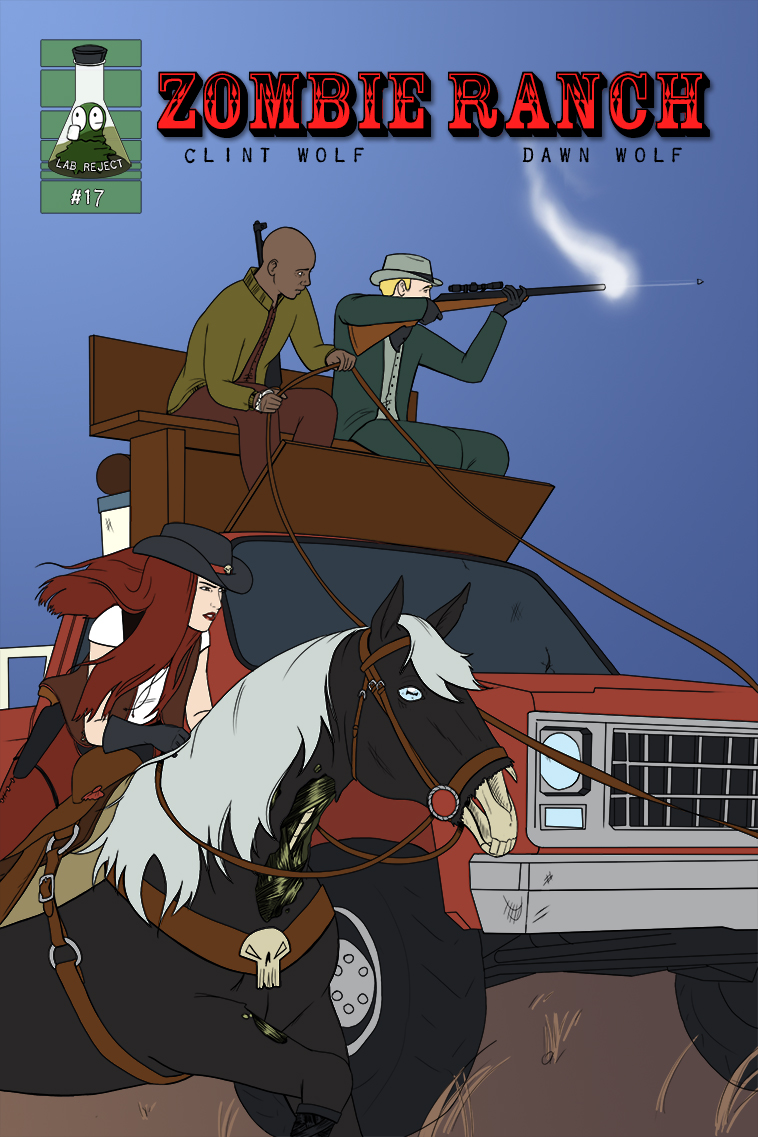
2 thoughts on “543 – Cradles And Graves”
Keith
Oh lordy, they really are a great couple…though, I suggest adopting.
Anonymous
Consequences be damned, because doing nothing might be worse.